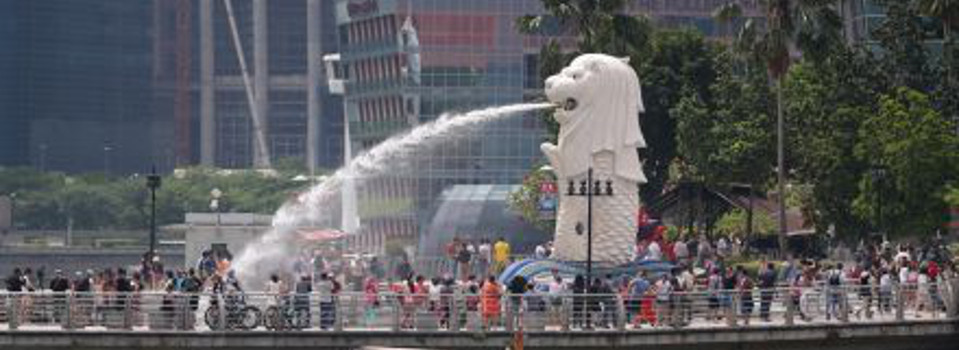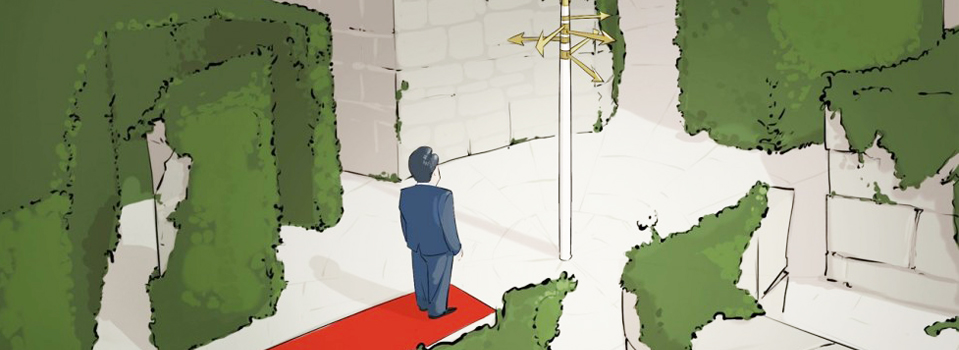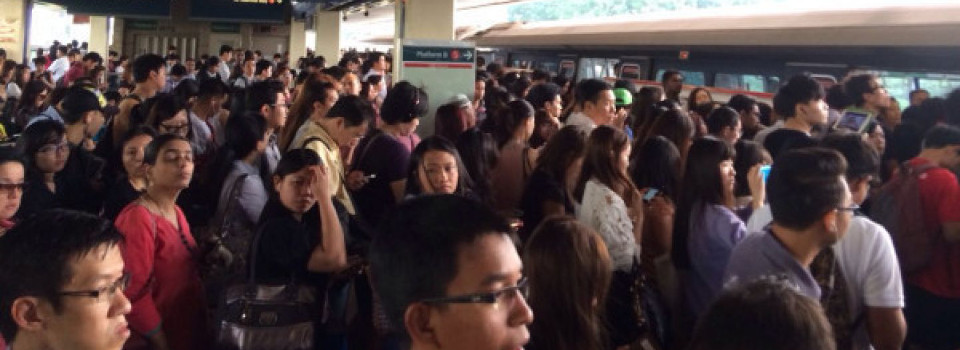The British newspaper, The Guardian, recently ran an article on Singapore in its “The story of cities” section. The article acknowledged the extraordinary growth of Singapore’s gross national product per capita, the jump in its external trade, the increase in life expectancy and its success with public housing.
But then there is the obligatory indictment of Singapore for being a flawed democracy. “The degree of state power that has enabled such extensive and rapidly executed feats of urban planning has also led to policies that appear to the rest of the world as draconian,” the article intoned.
Not really. Singapore’s policies do not appear draconian to “the rest of the world”. They might annoy or enrage liberal opinion in the West and its intellectual suburbs, but that is not “the rest of the world”. The rest of the world does not have a uniform opinion of Singapore.
Instead, there is a clear disconnect between the monochromatic lenses generally used by Western commentators and the nuanced view taken by observers in the developing world.
In Zimbabwe and South Africa, which I visited recently, there is a palpable sense of people looking to Singapore as a model for developing countries. Members of the political and business elite in these two countries and from other African states enquired about the particular mix of good governance, fiscal prudence, social discipline and political authoritarianism that has produced contemporary Singapore.
Admittedly, few were enthusiastic about authoritarianism per se. For a continent that has had more than its fair share of despots and dictators, particularly military strongmen, democracy is a tangible good. In South Africa, where the movement for democracy was an intrinsic part of the struggle against apartheid, democracy means nothing less than freedom – and “freedom” is a beautiful word.
However, even in African countries, citizens are aware of the need for trade-offs between personal liberty and the collective good. These compromises cannot be made by a leader – no matter how great he or she is – permanently on the behalf of citizens. They have to be made by a parliament or some other representative system that is accountable to the wishes of the people.
Hence my African friends were curious about how Singapore’s democracy has evolved with its economics. What kind of system do Singaporeans want? What do the young in particular think? Is Singapore moving towards gender equality? How are the minorities faring politically and economically? How is life for the poor? Does social equity feature prominently on the national agenda? Does Singapore have inclusive growth?
These are questions that have empirical answers. Undoubtedly, any answer can be contested, but there are at least real parameters and yardsticks that can be used.
The questions are very different in the essentialist agenda pursued by Western liberals. Their fundamental, teleological and arrogant assumption is that there is but a single historical trajectory for all nations – the one created by Western experience and practice, and that countries should be judged by where they stand on that trajectory.
The truth is that there is no such trajectory. There are different historical and cultural trajectories that globalisation is bringing together. These are jostling for global space; they are making competing claims on the future. No one ideology has a monopoly on that future.
A recent indication of Singapore’s refusal to go along with the shifting currents of liberal opinion was the no-nonsense style in which Minister for Home Affairs and Law K Shanmugam told the United Nations that the city-state would not soften its drug policies. He said: “I am prepared to compare our experiences with any city that you choose. Show us a model that works better, that delivers a better outcome for citizens, and we will consider changing. If that cannot be done, then don’t ask us to change.”
This ability to stick to what works for Singapore is a hallmark that others respect. Reflective Malaysians and Indonesians, for example, pay Singapore grudging but genuine respect for having achieved a quality of life that attracts many in Asean and elsewhere.
Singaporeans would shortchange themselves if they took for granted the peace and order that they enjoy. It is ordinary humans who suffer when those in power put their private interests ahead of the national good, leading to civil war or outright invasion.
Going beyond bottomline issues such as drugs and murder and touching on political and social structures, others might see Singapore as a model, but thoughtful Singaporeans do not. They know only that a certain policy and cultural mix has worked for their country. It might be irrelevant elsewhere. If anything, the so-called Singapore model is a sui generis one – of its own kind.
The problem is that while Singapore does not impose its way of life on others, others incessantly seek to do so for it. This is seen clearly in the way the functioning of its media is viewed by their Western counterparts and observers.
This year’s World Press Freedom Index, compiled by Reporters Without Borders, places Singapore’s media in the 154th position on a list of 180 countries. Finland tops the list; Eritrea comes in last. According to the Paris-based non-governmental organisation, the index, unveiled earlier this month, “reflects the intensity of the attacks on journalistic freedom and independence by governments, ideologies and private-sector interests during the past year”.
What go missing in such surveys are the rigorous standards of credibility by which Singaporean readers judge their media. “Independence” is not credibility, because there are many independent news sources and platforms around the world which are not trusted.
The Singapore media – no matter how they are rated by Western or West-oriented organisations – follow stringent rules of factuality and balance. Day after day, they also own up to mistakes instead of trying to brush them under the carpet. Of course, those who are hostile to the way in which Singapore as a whole functions cannot possibly like the way its media operates. However, it is quite possible to disagree with parts of the Singapore system and yet appreciate the professional effort that goes into producing quality newspapers.
All in all, the attention that Singapore receives, whether in the West or elsewhere, reflects the premises of those societies as much as Singapore’s specific realities.
This is a fact of life that Singapore has to live with.



